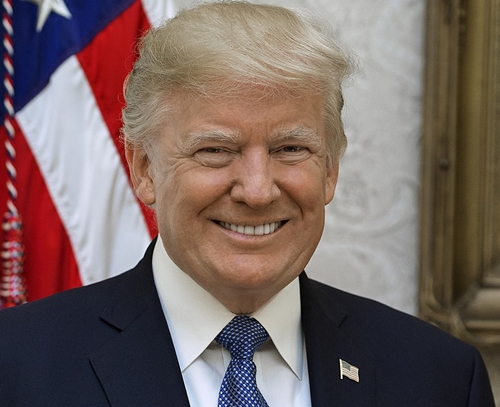US President Donald Trump’s decision to cancel next month’s summit with North Korea’s Kim Jong Un came as shock to South Korean officials, who only days ago were publicly predicting a “99.9 per cent” chance the meeting would proceed as scheduled.
Trump who boasted of his eligibility for the Nobel Peace Prize for a new approach that aimed to put him at a table with North Korea’s leader, Kim Jong Un, to negotiate denuclearisation, decided to call it quits, saying the North Korean leader is still not ready for talks.
Now that the planned meeting between Trump and North Korean leader Kim Jong Un, scheduled for 12 June in Singapore, has been called off, capping months-long engagement with nuclear-armed Pyongyang, Trump can claim no victory in his foreign policy initiative.
South Korean President Moon Jae-in presided over a meeting of the National Security Council at the Presidential Blue House in Seoul, South Korea, today to assess the situation after a failed mediation between North Korea and the United States.
Trump’s decision to call off the talks comes as big blow to Washington as the US has apparently failed to give its allies in Seoul any clue about his announcement.
Speaking at a White House event, the president refused to acknowledge it as a setback for Washington, but said the cancellation was a setback for North Korea and the world.
For former New York businessman Trump, who prides himself on his ability to make deals with his unconventional style, this is the second backtracking after he pulled off from the Iran nuclear deal.
Trump also aggravated trade disputes with trade partners with trade tariffs on steel and aluminum, without gaining anything with the biggest US trade partner China.
“It’s obviously a setback (for Trump.) Whether it’s a blow is another matter altogether,” said William Galston, a senior fellow at the Brookings Institution and a political analyst.
Some experts said the cancelled meeting might add to scepticism in Washington that Moon might have misled Trump on North Korea’s willingness to abandon its nuclear weapons programme, although US officials have held at least two face-to-face meetings with Kim in recent weeks.
For South Korea’s Moon who returned from a trip to Washington to convince Trump to proceed with the summit, the about-turn also signalled fresh friction between the North and the South that had vowed end to hostility.
It is also possible that there has been a big difference between what South Koreans told Washington about North Korea’s denuclearisation move and what the US officials actually found when they met the North Koreans, says a professor in North Korea studies at Dongguk University in Seoul.



















